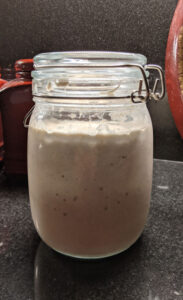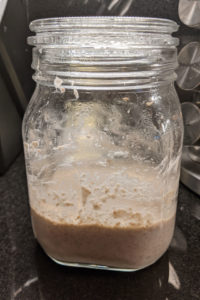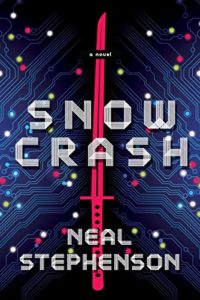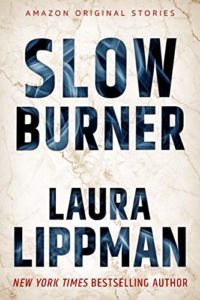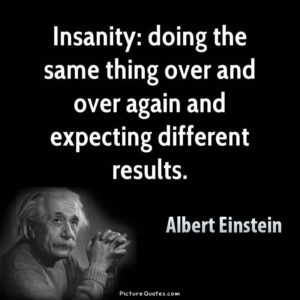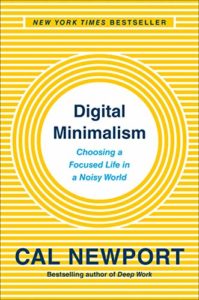One of the by-products of growing your own sourdough starter is discard. As any experienced bread baker will tell you, you’re going to end up with a lot of it. And when I say a lot, I mean a LOT of it. Since I don’t like throwing food away, I needed a plan for it, which is one of the top lessons I learned from growing a sourdough starter.
As it goes with just about anything, sourdough discard can be a problem or an opportunity. I like taking an optimistic approach to life, so I chose to treat my sourdough discard as an opportunity, an opportunity to practice my baking skills.
Continue reading
